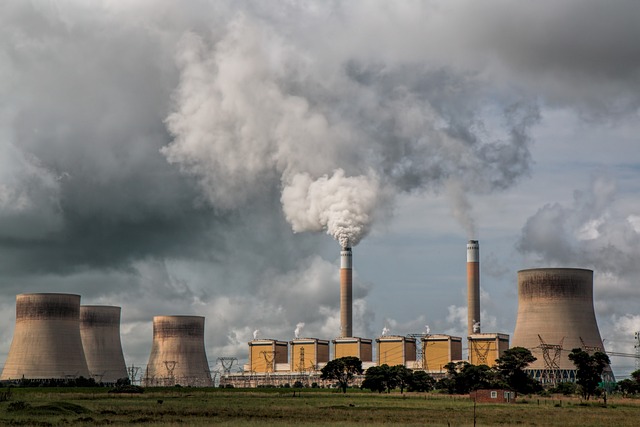Cape Town — Minister of Forestry, Fisheries and the Environment Barbara Creecy has relieved Eskom of following the normal process required to amend its Atmospheric Emission Licence.
However, the power utility remains subject to certain strict conditions.
The exemption in terms of Section 59 of the National Environmental Management: Air Quality Act (NEMAQA) was granted on March 14, 2023, in response to an application to the minister had received for the Kusile Power Station.
The application was brought owing to the urgent need to alleviate the electricity crisis in the country.
ALSO READ | Eskom ‘requests more time to respond to ANC’
“Eskom’s request pertains to a temporary solution to restore lost generation capacity at its Kusile Power Station while a damaged stack undergoes repairs which are due for completion in December 2024,” said the minister.
“In the interim, Eskom plans to construct the temporary stacks by November 2023, which it anticipates will allow the resumption of generation capacity of 2100MW which will reduce the country’s exposure to load shedding by two levels.”
Eskom will operate the temporary stacks without the use of the Flue Gas Delsuphurisation mechanism for a period of 13 months. This is likely to result in increased sulphur dioxide emissions during this period, in excess of the current applicable limit contained in Kusile’s Atmospheric Emission Licence.
Creesy added that she was equally aware of the health and associated impacts of exposure to sulphur dioxide emissions, and therefore said her decision was “extraordinarily difficult”.
Eskom are subject to the following conditions:
- The utility must issue a public notice in two national newspapers explaining reasons for its application.
- Eskom must conduct a public participation process subject to a curtailed timeframe of 14 days.
- It must account to Minister Creecy and the Portfolio Committee on Forestry, Fisheries and the Environment in the National Assembly on the progress of its repair to the west stack.
- Eskom must undertake measures to mitigate against the exposure of its employees and surrounding communities to harm which, at a minimum, must include independent health screenings and referral to appropriate public health facilities for treatment where necessary.
Follow African Insider on Facebook, Twitter and Instagram
Picture: Pixabay
For more African news, visit Africaninsider.com
Compiled by Junaid Benjamin


